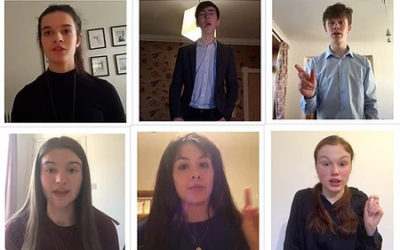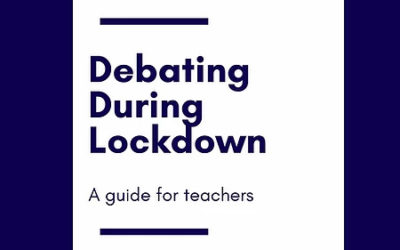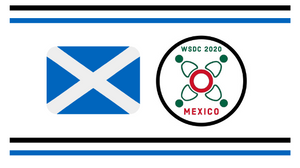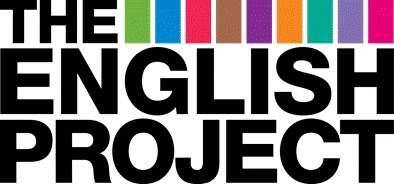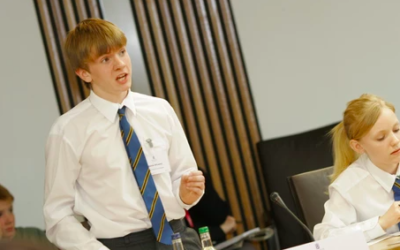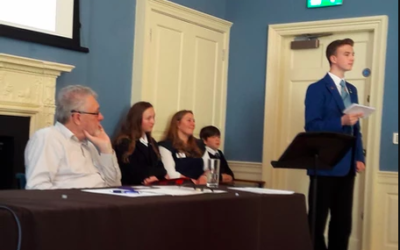We inhabit a world which has been increasingly referred to as a “global village” in an age where multimedia digital technology and cheaper, more accessible air travel has allowed the exploration of other cultures and countries to become much more attainable. It has...
Gwalia Open Results
On Saturday 13th June, the Scottish National Team competed in the Gwalia WSDC Online Debate Open, an online competition run by our friends in the Welsh National Team. This was an exciting and high-quality tournament with teams including the Dutch, South African,...
Team Scotland Update and Oldham Cup Results
A few weeks ago we received the sad but understandable news that the World Schools Debating Competition, scheduled to be held in Mexico in July, had been cancelled as a result of the COVID-19 pandemic. While this is heartbreaking for our twelve trialists, who have all...
Debating During Lockdown
I hope you're all keeping well in these strange and uncertain times! Here at the ESU Scotland I've adjusted to working from home but, despite participating in a few online competitions, definitely miss the practical side of debating. As part of our Speak up Scotland...
Scottish Team Trials
On Saturday 14th & Sunday 15th December 2019 we held the first round of trials for the Scottish National Debating Team. This team will represent Scotland at the World Schools Debating Competition in Mexico in Summer 2020. 24 speakers from around Scotland spoke in...
St Andrew’s Day 2019
On Saturday 30th November the English-Speaking Union Scotland held the 13th annual St Andrew's Day Debating Competition in partnership with the Scottish Government, Scottish Parliament and Education Scotland. This is always such a highlight of our calendar and this...
A History of Punctuation: The Comma
When, in the year 400, Saint Jerome gave instructions for punctuating the Latin translation of the Bible that he had just completed, he spoke of divisions ‘per cola et commata’. ‘Commata’ is the plural of ‘comma’, and if the ‘cola’ or colons were the sections of...
A History of Punctuation: The Colon
3. The Colon In the transition from classical manuscripts to monkish scriptures, a sign began to appear at the end of sections – an ivy leaf in the margin. The leaf was beside (‘para’ in Greek) the writing (‘grafos’ in Greek). That paragraph sign was an aid to the...
Monthly Debating Tips & Resources: Delivering a Great Speech from Opening Proposition
Welcome to the first of our monthly posts on debating tips and techniques. Our first post looks at DELIVERING A GREAT SPEECH FROM OPENING PROPOSITION. So you’ve been assigned your place on the table, and you’re in First Proposition. Some debaters will think, ‘why me?’...
ESU Speakers’ Corner Challenge Finalists speak at Patrick Geddes Learning Festival
We were delighted that some of our Speakers' Corner Challenge finalists were invited to speak at the Patrick Geddes Learning Festival at the shiny new Patrick Geddes Centre. The event was kindly organised by PAS (Planning Aid Scotland) and speakers included academics,...
St Andrew’s Day Tournament 2017
There’s huge excitement in the ESU Scotland office as we prepare for the St Andrew’s Day Debating Competition 2017! The St Andrew’s Day Debating Tournament, held annually at The Scottish Parliament for the past ten years, pairs school pupils and university students to...
A History of Punctuation: The Semicolon
2. The Semicolon Celebrating the Semicolon and Commemorating Aldus Manutius Aldus Manutius is a man with a claim to being the world’s greatest punctuator. Arguably, his most notable contribution to punctuation is the semicolon. He died just over five hundred years ago...


